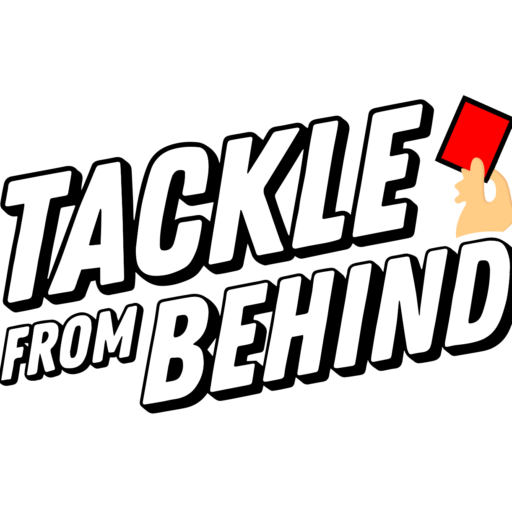Have you ever dreamt of owning a football club, shaping its destiny, and witnessing the roar of the crowd under your stewardship? For the super-rich fan, this fantasy can become a reality.
But buying a club is a complex process, a far cry from simply waving a wad of cash. This guide delves into the intricate steps involved in acquiring a professional football club.
What is the procedure to buy a professional football club?
Checking the availability
Well as mentioned earlier you will need a lot of money but having financial muscle alone will not guarantee you club ownership.
You will need to find out which clubs are available for sale in the market, and if you are targeting a particular club, whether their owners are ready to sell or not.
Assembling the team:
Once you know about the availability, the next step will be to understand the takeover process. And for this, you will have to assemble a team of advisors and experts who know this market well and can help you in the takeover process.
They’ll guide you through the complexities of the takeover process, educating you on player transfers, Financial Fair Play (FFP) regulations, agent dealings, and the dreaded relegation.
In 2019, Inner Circle Sports, an investment bank that has helped in the takeover of clubs like Liverpool and Inter Milan, told Forbes,
“We spend a lot of time educating people on how player transfer works, how FFP works, how dealing with agents works, and always how Relegation works.”
This process lets potential buyers know about all the details related to their business and most importantly about the operational risks.
Examining the state of the club
With the experts on your side, potential owners would now like to look into the financial state of the clubs.
These include the state of the Club’s youth academies, training facilities, and whether the home stadium is owned or rented.
Apart from this, information about the media strategy of the league, governance structure, and many other things that can have an impact on the valuation of the club is evaluated.
The most important thing that owners have to consider is the debt of the club because almost all the clubs function under heavy debt.
Debt plays a very important role in the valuation of any club. Potential owners have to decide whether they want to completely wipe off the club’s debt or restructure it for the long term.
When FSG bought Liverpool, Liverpool had to pay £100 thousand to re-service their debt.
A thorough debt examination is crucial for determining a fair valuation.
Winning the Fans over :
Football is more than a business; it’s a passion. Fans are the lifeblood of the sport. As takeover rumors swirl, garnering fan support is critical.
Potential Buyers can consider including a club legend in their bid. This can be a PR coup, demonstrating respect for the club’s heritage.
Data Room:
Ones who have picked the club understood all the takeover protocols and the state of the club and won the fans over. The next step will be for you to examine the Club’s Legal, Financial, and Commercial positions.
A football club is in contact with many people such as Ground and stadium staff, Sponsors, and most importantly Players and managers.
The biggest asset of a football club is its players. Clubs have to pay hefty transfer fees to buy these players. Sometimes these transfer fees are amortized.
The “data room” is a treasure trove of the club’s legal, financial, and commercial information. Here, you’ll find details of contracts with stadium staff, sponsors, and most importantly, players – the club’s most valuable assets. Scrutinize transfer fees, amortization schedules, and any potential financial pitfalls lurking beneath the surface.
Owners Test:
Before handing over the keys, leagues often conduct “owners’ tests.” These tests assess your financial and legal fitness to own a club.
The Owners are expected to disclose their source of funds, ensuring they have the financial muscle for the transaction. Additionally, they will need to present a clear business plan outlining their vision for the club’s future.
After this test, if you are buying a premier league team you will have to pass an owners and directors test.
In some cases, your application may be rejected, such as:
- having the ability to determine or influence the management or administration of another league club or holding more than a 10% stake in such a club
- being disqualified from serving as a company director;
- having an unspent criminal conviction which carried a 12 month+ prison sentence, or any conviction for dishonesty;
- being a bankruptee or having been involved with a club at the time of an insolvency event;
- having breached the rules on betting in football.
- being disqualified or suspended by a sports governing body or other professional body;
The focus of this test is to know the legal and financial positions of the potential buyers.
Bidding:
If you pass the owners’ test, congratulations! Now comes the (relatively) easy part – agreeing on a price.
This could involve a bidding process if multiple parties are interested. Once a price is agreed upon, legalities are finalized, and ownership is officially transferred.
The entire process can take anywhere from 6-8 months to over a year.
Conclusion :
In conclusion, purchasing a football club is a prestigious endeavor, but it’s a marathon, not a sprint.
Assemble a dream team of advisors, meticulously evaluate the club’s finances, and prioritize fan engagement. Remember, success hinges on not just financial prowess but also on respecting the club’s heritage and fostering a spirit that resonates with the fans.
With careful planning and a deep passion for the game, you can navigate the complexities of



